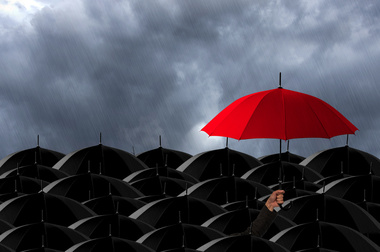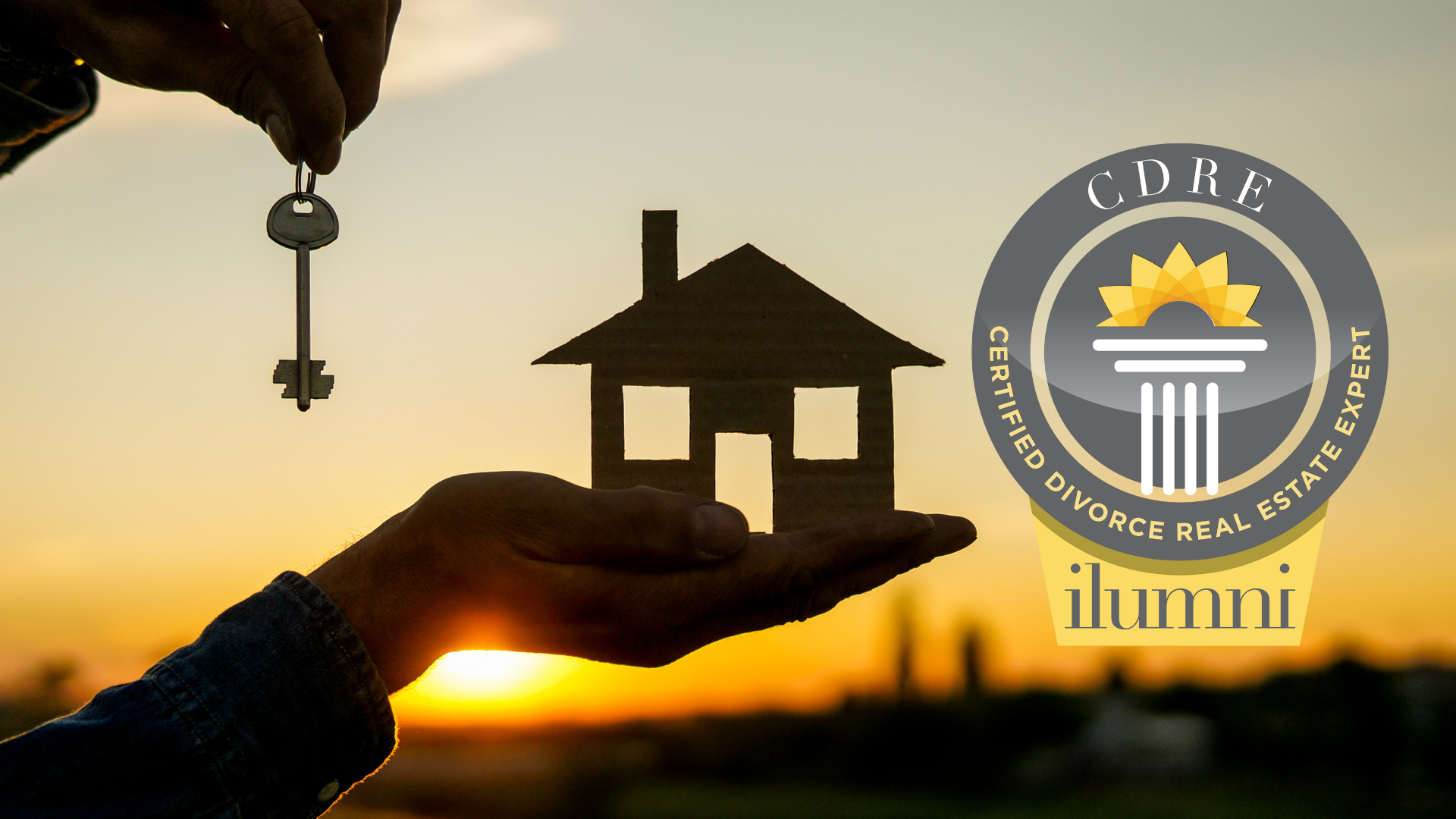An umbrella insurance policy covers you above and beyond your regular insurance policy. It is meant to help you if some type of accident occurs and the coverage needed exceeds the amount of your regular policy. Basically, it covers you for an issue that you can be deemed responsible for. Let’s look at some examples.
1. When Your Dog Bites
Our dogs are our friends, but sometimes they can act out of character for whatever reason, and we may not be able to control the situation or may not be around. This could lead to a dog biting another person on your property. If this results in bodily injury to that person and he or she files a claim, it could possibly exceed your regular policy. The person could take you to court as well, resulting in even more cost to you. An umbrella policy will give you the extra cushion to cover those expenses.
2. You Have the Coolest Jungle Gym in the Neighborhood, Until Someone Gets Hurt
Having the best jungle gym or the only pool in the neighborhood can be fun when you have kids and all their friends come to hang out at your house. (Such potentially dangerous delights are known in the insurance world as “attractive nuisances.”) Then a kid gets hurt and the fun stops. While we hope that parents understand things happen when kids are playing, sometimes it is not that simple for the parent of the child who got injured. This can result in them filing a claim against you and, depending on the severity of the injury, the costs could well exceed your regular policy. Your umbrella policy will give you a cushion to fall back on.
3. Landlord Liabilities
If you own rental properties, then you can have liabilities tied to those properties. Sometimes they may be things that you haven’t noticed, like a crack in the walkway. If something like this results in bodily injury, then it is possible that you will be held responsible and legal action could be taken against you. Just as in the other examples, the umbrella policy will cover you for additional expenses above your homeowner policy.
4. Be Careful What You Say About Others
You may have been told that if you do not have anything nice to say, then do not say anything at all, but sometimes it is hard to hold your tongue. In these cases, it is important to be careful about what you are saying, as well as about what audience you are saying it to, or through what outlet. Something negative said or written could be considered slander or libel by the person it is being said about.
This could result in legal action taken by that person, and ”” you guessed it ”” an umbrella insurance policy will cover you.


